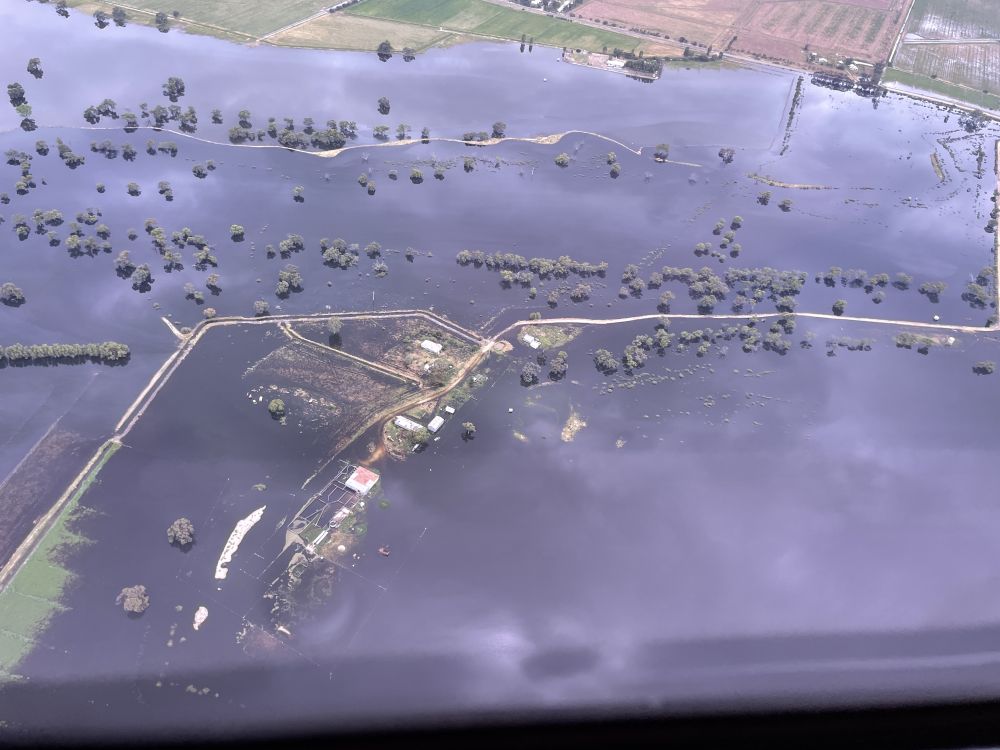Last year, Victoria experienced one of the worst flood disasters on record. While the state is largely reopened for visitors, slow-moving floodwater has only recently receded in low-lying areas, allowing access to fully assess and appreciate the scale of flood impact before repair can begin. People, communities, regional economies and the environment have a long road to recovery and are at different points in this journey.
Over several weeks from October 2022 into January 2023, the Victorian floods caused damage and destruction across 64 of Victoria’s 79 local government areas.
People, homes, properties and the environment were affected with major damage to farms, livestock and crops, public roads, bridges, trails and recreation sites, cultural heritage, wildlife, habitat and waterways.

DEECA’s work is critical in Victoria’s recovery.
DEECA rehabilitates public land and restores important community facilities, campsites and walking tracks, that are part of Victoria’s great outdoors.
Our work supports regional communities, businesses and primary producers to recover from and be better prepared for future disasters.
Our teams help voluntary committees of management that look after public land to clean up and restore important community resources they manage. We work with Traditional Owner groups to protect Aboriginal cultural heritage.
Through Agriculture Victoria, we are providing technical assistance, resources, tools and information to help our primary producers and Victoria’s valuable and essential agricultural sector to recover. Financial and wellbeing supports are also available.
We are working with Parks Victoria to restore and protect parks and forests for recreation, tourism and fire preparedness. We support registered wildlife carers to rehabilitate wildlife.
DEECA continues to support water authorities to restore and protect waterways and catchments for biodiverse and healthy ecosystems and infrastructure that delivers the essential water services upon which we rely.
It’s complex, diverse and important work that’s done in partnership with communities, industry and government.
As DEECA supports recovery from the Victorian floods it is also delivering significant and ongoing recovery work for other recent major disasters including the devastating 2019/2020 Black Summer bushfires, and the 2021 and 2022 storms and floods.
The frequency and intensity of major disasters due to climate change necessitate that climate resilience is central to DEECA’s recovery work, to reduce the impacts of future disasters and the associated social, cultural, environmental and economic costs.
Recovery from disasters takes time. DEECA will continue to work with communities, industry and government to ensure that communities come through recovery stronger, more resilient and able to adapt to a higher frequency of disaster events.








